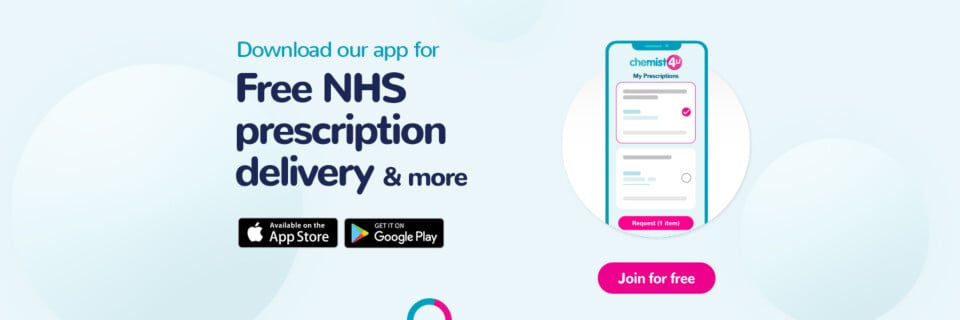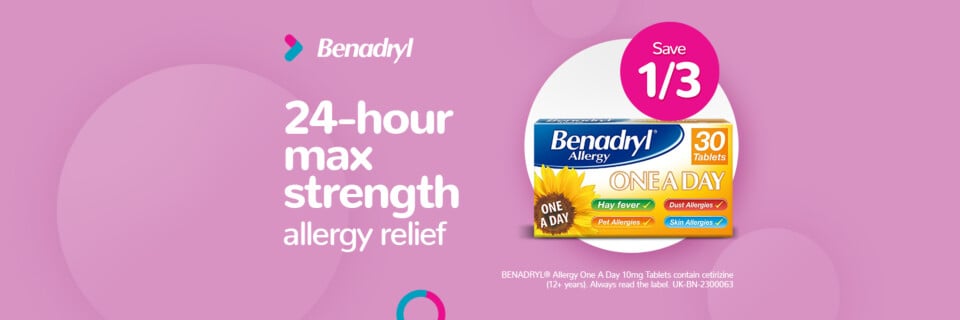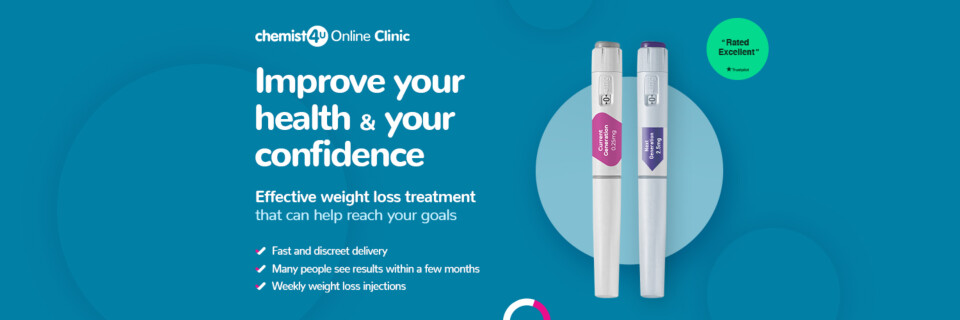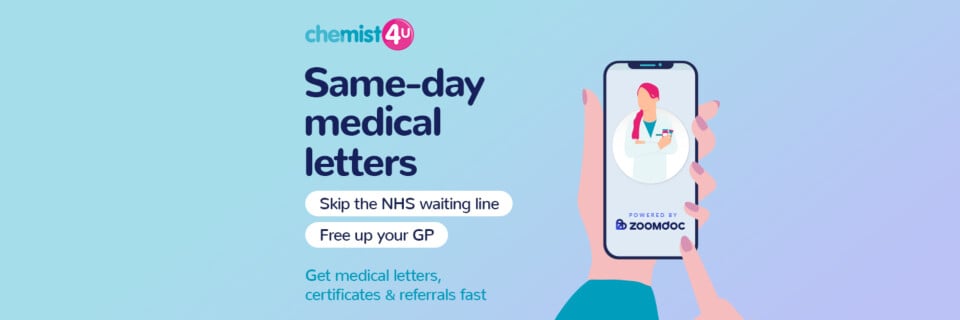Featured Offers
Feel Better For Less This April
Featured Brands
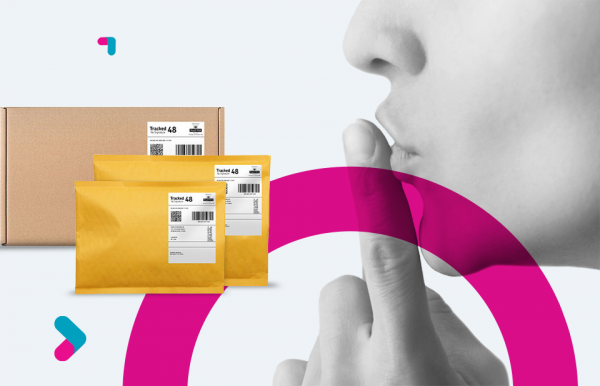
Discreet Packaging
We’re proud to offer fast and discreet delivery for all our medicines & treatments. So you can get your order delivered quickly, and only you’ll know what's inside.
- No logos
- No mention of pharmacy
- No description of the contents
We respect that many of our products are of a sensitive nature - this is why we take every step to keep your purchases private.
Ask a Pharmacist
Connect with a pharmacist
Just like walking in to your local pharmacy, you can ask me and our other pharmacists anything you like and we will reply personally as soon as we can.
CEO & Pharmacist
GPhC No. 2084549








